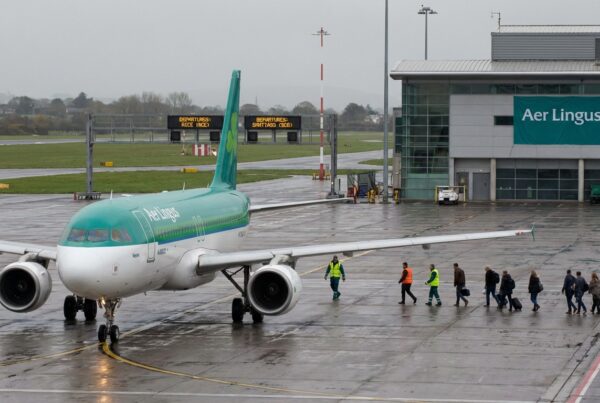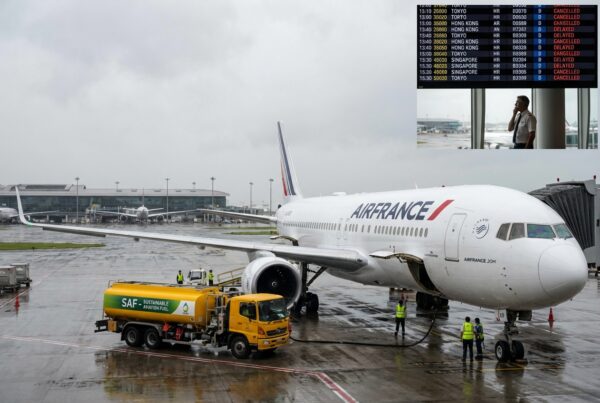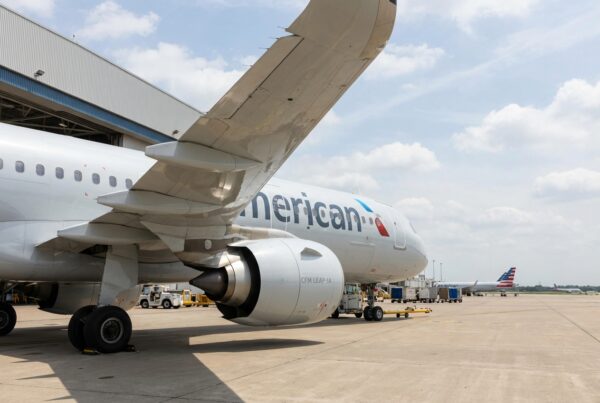Amsterdam-Schiphol airport's decision not to apply the planned increase in airport charges in 2026 raises both hopes and questions. Against a backdrop of strong cost pressure for airlines and persistent inflation, this freeze raises questions about the future of pricing policy at Europe's major hubs, and the consequences for passengers and carriers alike.
Why Schiphol has chosen to freeze charges in 2026
Schiphol claims to want to preserve its attractiveness and maintain competitive fares for airlines. After a significant increase in 2025, the announced freeze is intended to mitigate the financial impact on carriers and, ultimately, on ticket prices. The airport points to efficiency measures and cost control as levers to temporarily bear the financial burden without compromising safety or service quality.
A trade-off between competitiveness and investment
The freeze on royalties is presented as a strategic decision: to maintain Schiphol's role as a major hub in the face of European competitors who have themselves increased their fares. But this arbitration raises a fundamental question for the airport: to what extent can it defer revenues that are essential to finance infrastructure investments and projects to transition to a more sustainable aviation ? Schiphol points to a voluntary contribution and efficiency gains to make up for lost revenue, without however suspending certain projects to improve the passenger experience.
Consequences for airlines and travellers
For airlines, a freeze on charges immediately reduces pressure on operating costs, and can influence commercial strategy, particularly on long-haul seat pricing and connections. Carriers suffering from tight margins see this as an opportunity to stabilize prices or reallocate savings to flight frequency or service improvement.
For travellers, the expected effect is to limit the rise in fares by 2026. However, it's important to remember that air fares are the result of a number of factors: fuel prices, wage costs, national taxes and the commercial strategy of airlines. Freezing charges can mitigate fare increases, but does not automatically guarantee lower prices. Passengers should, however, benefit from greater fare predictability on routes served via Schiphol.
What are the effects on connectivity and connections?
By maintaining attractive fare conditions, Schiphol seeks to preserve and strengthen its role as a multi-hub hub. This can encourage airlines to maintain or increase frequencies, offer more connections and favor Schiphol as a transshipment hub. In the long term, a better range of connections will boost the competitiveness of the European network and ensure a smoother flow for international travellers.
Impact on competition between European hubs
Amsterdam's decision resonates beyond the Netherlands. Rival airports now have to choose between raising charges to finance their investment programs or adopting a more accommodating stance to attract airlines. This strategic choice has a dual effect: it weighs on the hub's pricing image and influences the deployment decisions of airlines, particularly those who compare costs and quality of service between hubs such as Paris-Charles-de-Gaulle, Frankfurt or London.
Risks for the airport business model
Freezing charges may be a tactical response in the short term, but it highlights a structural vulnerability: the economic model of major airports depends on a complex balance between tariffs, volumes and investments. If the freeze is prolonged or generalized without offsetting revenues, it could constrain certain expansion or modernization projects, or even lengthen the timescales for ecological transition.
Sustainability as a discriminating factor
Airports that succeed in reconciling an attractive pricing policy with a strong commitment to sustainable development are the most attractive. energy transition will have a competitive advantage in the medium term. Airlines now prefer platforms that can offer both controlled costs and tangible initiatives to reduce emissions and modernize infrastructure.
What this means for France and French travellers
For French passengers, the freeze on charges at Schiphol may mean competitive fares on connections via Amsterdam, a better offer of frequencies to certain destinations, and an indirect effect on the attractiveness of international flights. Airlines based in France or serving the Netherlands will be watching developments closely to adjust their capacity and pricing policy.
A signal to the market
Schiphol's freeze sends out a strong signal: the battle for customers and connectivity is no longer being waged solely on the ability of hubs to invest, but also on their ability to absorb inflationary pressures without passing the bill on to carriers and passengers. This is a crucial issue for airline business strategies and European network planning.
Key information
Decision announced by Schiphol: freeze on planned price increases airport charges in 2026, after a sharp increase in 2025.
Objective: to preserve theaccessibility and competitiveness with other European hubs, while pursuing internal efficiency gains.
Expected impact: reduced pricing pressure for airlines and potential slowdown in ticket price increases, with no guarantee of an automatic reduction.
Sectoral consequences: competitive advantage for Schiphol in the short term, questions about medium-term financial sustainability and the ability to finance investments related to the sustainable transition.
Benefits for passengers: greater fare predictability and possible improvements to connecting services, to be monitored in the light of airline announcements.




